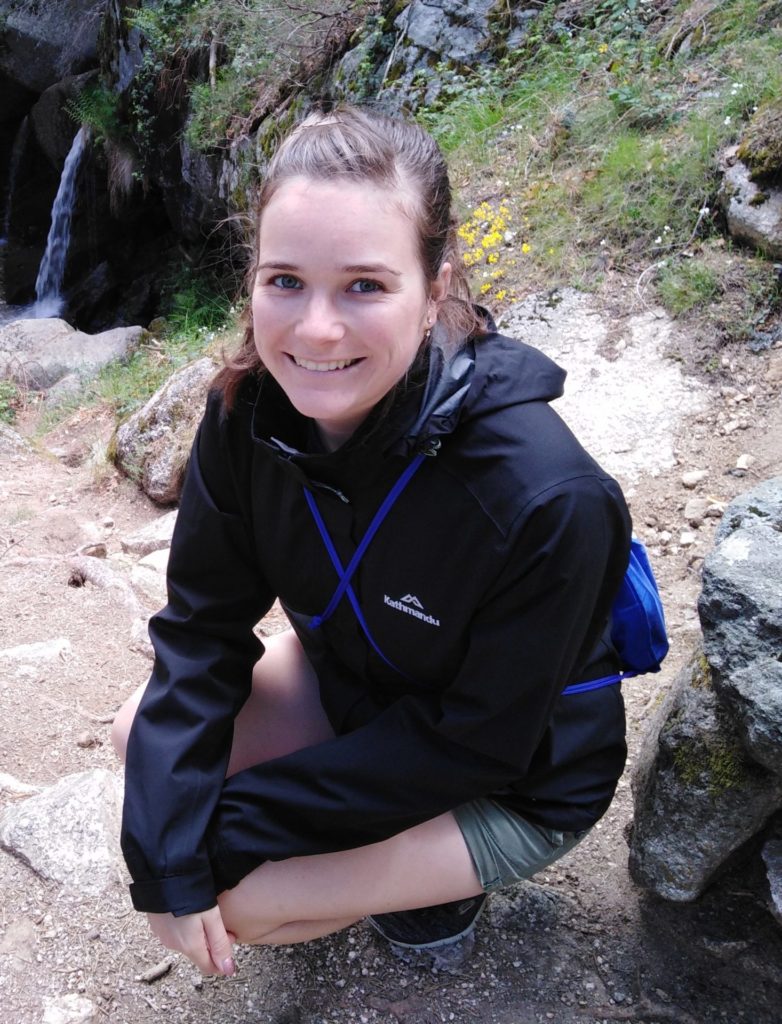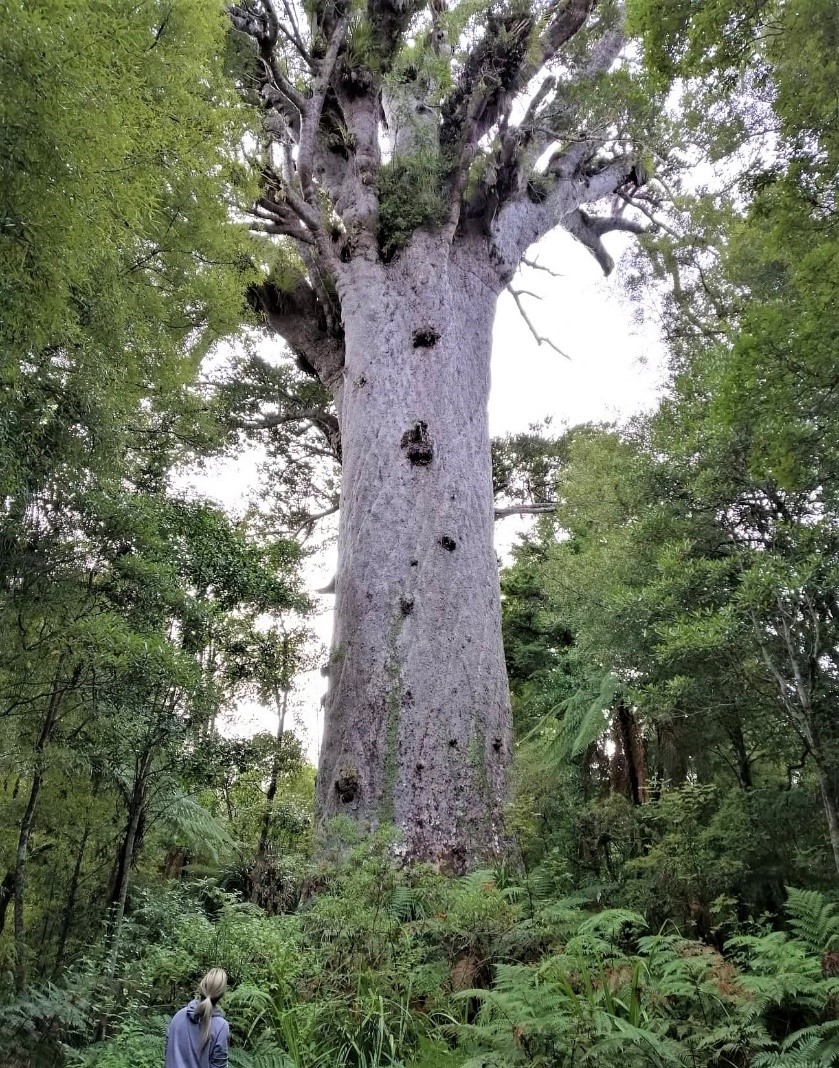Bacteria: a better indicator of soil quality?
The bacterial community in soil is so closely tied to land use that it can predict what’s going on ‘above ground’ with 85% accuracy.
That’s what Auckland researchers found when they examined over 3,000 soil samples from hundreds of sites around New Zealand.
Lead author Syrie Hermans (University of Auckland) says soil quality is the ability of soil to function as a part of the wider ecosystem: maintaining the quality of air and water while supporting plant and animal productivity.
Agricultural and pastoral ecosystems need high quality soils to be sustainable, and those soils are maintained by resident living organisms.

“Despite this, most initiatives that directly monitor soil quality focus on non-living factors, such as soil nutrients, metal pollutants and soil structure,” Syrie says.
That’s why her PhD research examined soil bacterial communities using gene sequencing. She took samples from native forest, exotic forest, horticultural land and pastoral grassland. Syrie then combined this information with soil physico-chemical data, such as carbon content and pH, that were provided by regional councils.
She discovered that different types of land management were related to specific sets of values of soil variables. These were then linked to the composition of bacterial communities living in the soil.
Syrie says “This shows the exciting potential of soil bacterial communities to be used as bioindicators of soil quality.”
“Our results can be used to help update soil quality monitoring guidelines and add biologically relevant information.
“Understanding the contributions of bacterial communities to the soil ecosystem may also allow us to better predict how our soils will function into the future, as the climate and intensity of human land use continues to change.”
Syrie’s research is part of BioHeritage Tranche 1 project Biodiversity Assessment Framework For Ecosystems, led by Associate Professor Gavin Lear, University of Auckland.
Read the full paper here.
Posted July 2020.
